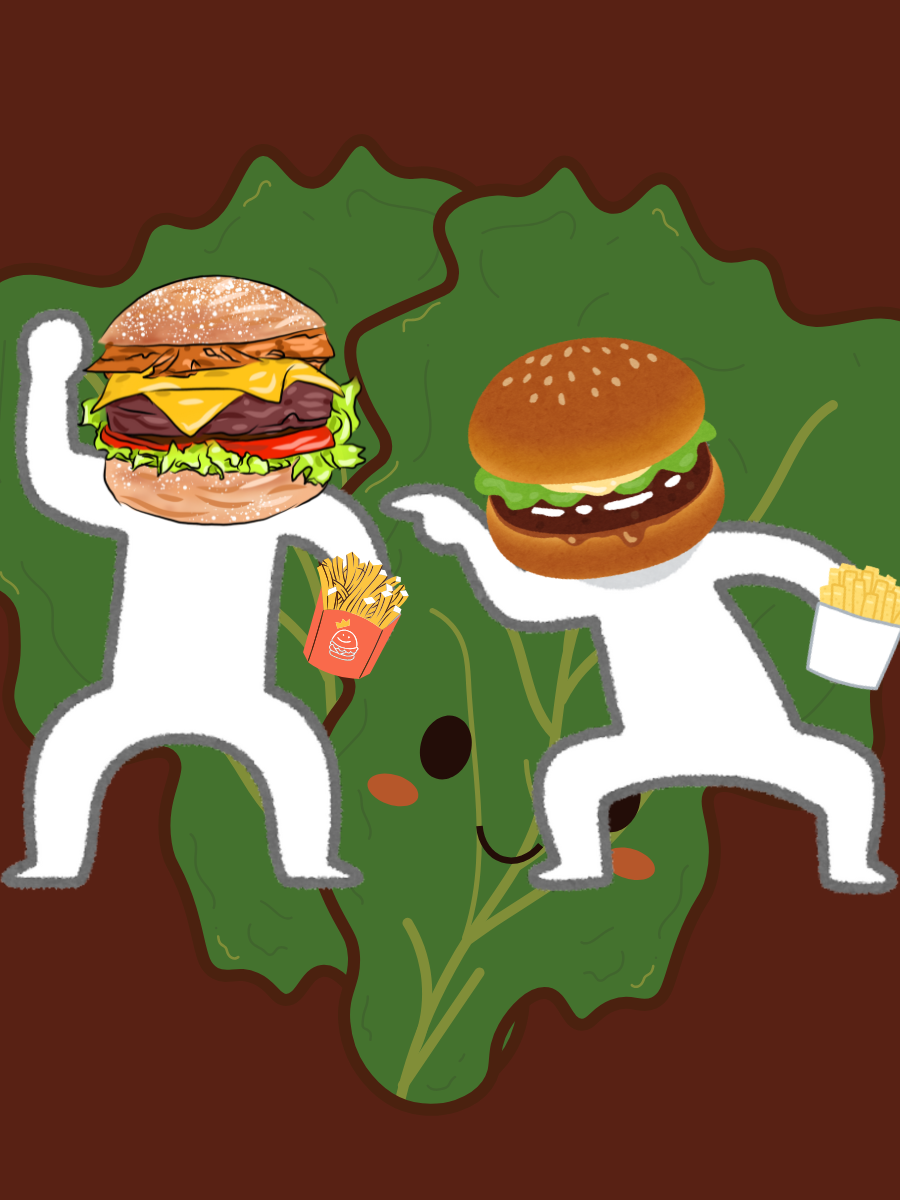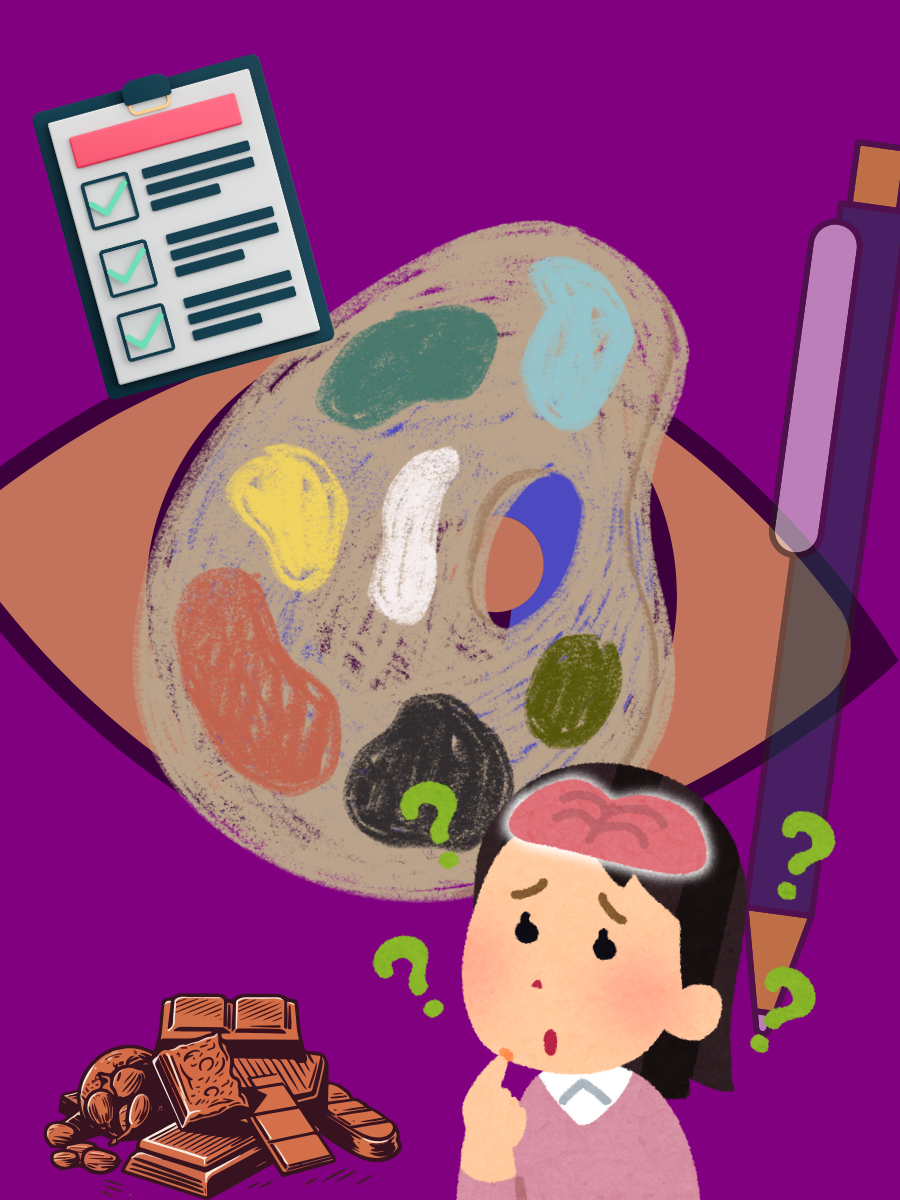Introduction
Intellectual property law, including copyright, is a crucial legal security given to companies and individuals for their innovation, creative writing, and ideas. In a world of increased innovation and easy access, understanding how are copyright laws compared across countries has become vital to protecting creative work. This protection ensures that creators of art, music, books, or any form of expression are respected and valued for their contributions, both monetarily and through authorship recognition.
However, there have been instances when jurisdictional laws have hindered the smooth flow of copyright protection. This blog explains the three core areas: ownership, authorship and duration.
Ownership is the right to creation, authorship says who the creator of the work is! Moreover, duration talks about how long it will be.
Authorship
Let us delve into the concept of authorship in simple terms. Authorship refers to the person who created the original work. The author holds the original right over the creation, whether it is a novel writer, song composer, or painter of a masterpiece. This concept will be further elaborated by enlightening on the fundamental aspects of copyright law.
India: In our country, authorship remains with the original creator of the work. The only exception here is the contract. If someone creates something as part of their job, the ownership will lie with the recruiter.
US: The concept of Work Made for Hire is significant in the US. As per this concept, the employer is considered the author or owner if a work or innovation is created as a part of a job, meaning thereby that the employer, not the individual creator, holds the rights to the work.
UK/EU: Like India, the UK and EU also consider the creator to be the sole owner. However, it also follows exceptions; if someone creates a work as part of their job, the employer is considered an author and owns the author’s rights, depending on the contracts.
In the case of joint authorship, where there is more than one author, both are considered owners since it can be challenging to identify individual contributions. However, for anonymous work, where the creator’s identity is unknown, the publisher is considered the owner of the work.
Ownership
Ownership means the legal right holder of a creative work. He is the person who decides how creative work can be used. Like authorship, ownership is similar with slight differences.
India: In India, the author is the sole owner of the work. However, there are exceptions. The ownership may lie with the employer if the work is created as part of a contractual obligation or employment. For example, a web developer might develop an AI tool for a company as part of their job, in which case the ownership would remain with the company.
US: Similar to authorship, the US follows the concept of Work Made for Hire for ownership. This means that the employer would have ownership over their creative work.
UK/EU: Like India, the UK/EU also considers the creator to be the sole owner unless there are any contractual obligations or employment agreements. Like in movies, the producers who arranged for the song’s creation would be considered the final song’s owners.
One might wonder about freelance work; unlike the employment agreement, in freelance work, the author or creator is the owner of the work, but if a contract is signed, that says otherwise.
Duration for Copyright
Duration in copyright refers to the period for which the author has exclusive rights over the creative work. It is the period during which the law protects creative work and the owner’s right of copyright.
India: In India, the duration is the author’s lifetime plus 60 years added to the lifetime. That means if an author writes a book at the age of 30 years, the copyright will be with the author till their death, plus 60 years from their death. In the case of government work, it protects from when the work was first published.
US: Before 1978, the copyright rules were complicated, whereas the work created after 1978 follows copyright protection for a lifetime plus 70 years from death.
UK/EU: The copyright period varies a bit. The duration of UK and EU copyrights is similar to that of the US. The UK and EU protect copyright for a lifetime plus 70 years. For example, if a creator creates a song at the age of 26 years and dies at 50 years, copyright law will protect his creation till his death, plus 70 years after death.
If we talk about the EU, which has 27 countries, the EU is working towards harmonising copyrights across its member countries. They pass various directives for smooth copyright law functions among their member states.
Conclusion
Though copyright laws are similar in many countries, some key differences remain. Understanding these laws becomes important for lawyers, business owners and creators. Awareness of copyrights is important for creators as it helps them protect their creations and decide how their work can be used. It is also important to avoid legal complications and increase the smooth functioning of trade and business.
References
- The Copyright Act, No. 14 of 1957, India.
- 17 U.S.C. § 101 et seq. (U.S. Copyright Law).
- Copyright, Designs and Patents Act 1988, UK.
- Directive 2001/29/EC, European Parliament.
- International Comparative Legal Guide: Copyright 2025 (Bird & Bird), https://www.twobirds.com/en/insights/2024/global/international-comparative-legal-guide-copyright-2025
- Copyright Laws and Regulations Report 2025 (ICLG.com), https://iclg.com/practice-areas/copyright-laws-and-regulations
- Unimarks Legal, International Copyright Protections: Indian Copyright Law vs. Global Conventions, https://unimarkslegal.com/ip-news/international-copyright-protections-indian-copyright-law-vs-global-conventions/
- Quadros Migl & Crosby, How Copyright Laws Differ Between Countries, https://www.qmclaw.com/blog/how-copyright-laws-differ-between-countries-what-global-creators-need-know/
- University of Washington, International Copyright Law, https://copyrightresource.uw.edu/copyright-law/international-copyright-law/







